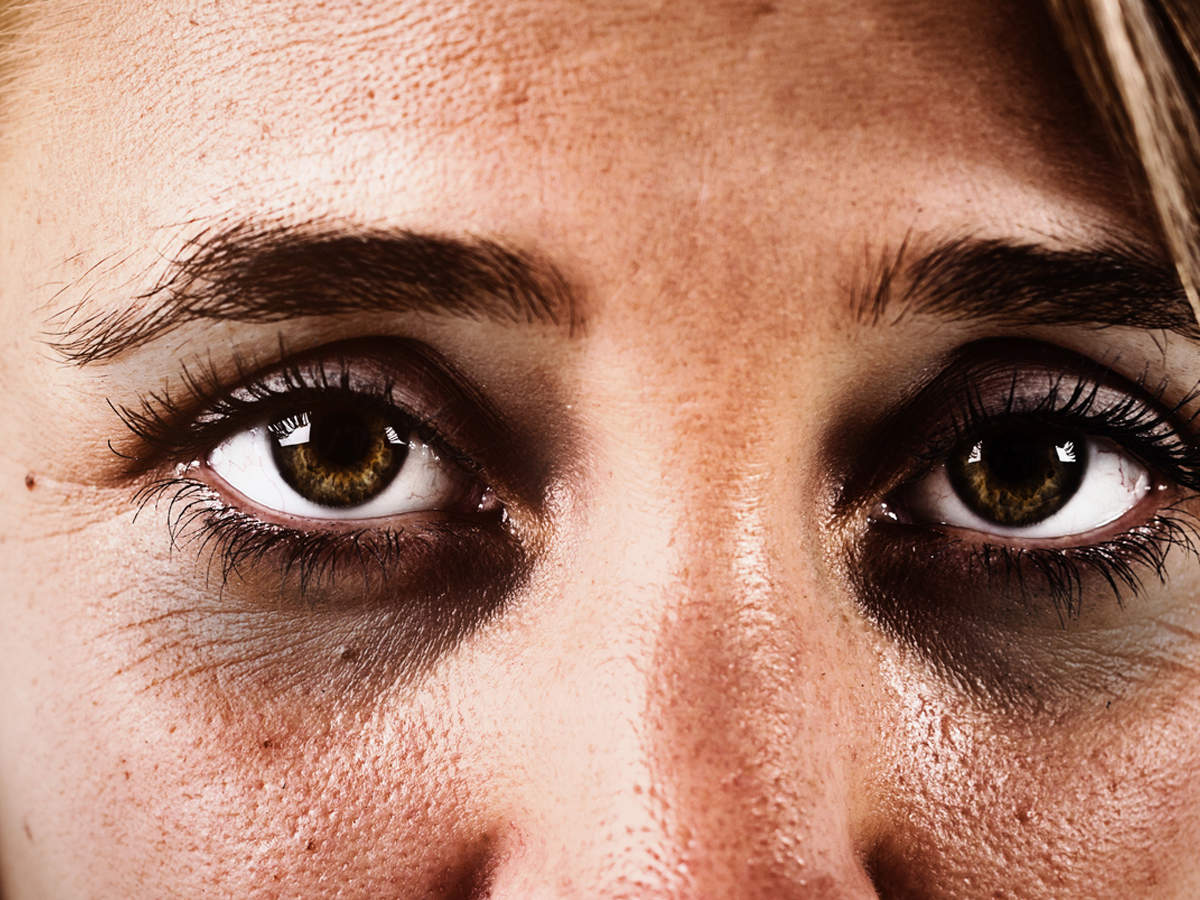
CHENNAI: The department of social welfare has mooted the setting up of three special fast track courts that will exclusively handle cases booked under the Protection of Children from Sexual Offences (POCSO) Act, 2012. Currently, there are over 2,000 cases pending under the Act and Chennai has over 300 cases pending since the last two years.
The courts proposed are for Chennai, Thoothukudi and Kancheepuram districts.
“We have proposed courts for these three districts for the time being. Once it is approved, we shall propose for other districts too,” said a senior official from the department. “We are trying to push for one special court for POCSO cases in every district.”
At present, there are no courts that are exclusively dealing with POCSO. Cases under this Act are currently being tried by Mahila courts which are present in most districts.
The Mahila courts also try cases pertaining to women, and officials claim that due to the heavy workload most cases end up pending for more than a year or two. As per the latest amendment in the Act, the trial must be completed within six months period.
Keeping this in mind a three-judge bench headed by Chief Justice of India Ranjan Gogoi had recently suggested that every district in the country, where there are over 100 such cases pending, must set up a special fast track court for trial and speedy disposal.
He had also asked the Centre to make available the required funds and the Centre has earmarked Rs 767.25 crore under the Nirbhaya Fund.
“With the alarming rise in POCSO cases it is high time we have a separate court, not only in three but all districts,” said V Kannadasan, the former special public prosecutor for human rights cases and senior counsel.
He further added that the existing Mahila courts did not provide a conducive atmosphere for children and that except in Chennai, no other Mahila court provided video conference facilities to child victims and sometimes they have to wait with the accused.
“These courts must also have trained child support staff and separate rooms where victims will not have to see the accused.”
The courts proposed are for Chennai, Thoothukudi and Kancheepuram districts.
“We have proposed courts for these three districts for the time being. Once it is approved, we shall propose for other districts too,” said a senior official from the department. “We are trying to push for one special court for POCSO cases in every district.”
At present, there are no courts that are exclusively dealing with POCSO. Cases under this Act are currently being tried by Mahila courts which are present in most districts.
The Mahila courts also try cases pertaining to women, and officials claim that due to the heavy workload most cases end up pending for more than a year or two. As per the latest amendment in the Act, the trial must be completed within six months period.
Keeping this in mind a three-judge bench headed by Chief Justice of India Ranjan Gogoi had recently suggested that every district in the country, where there are over 100 such cases pending, must set up a special fast track court for trial and speedy disposal.
He had also asked the Centre to make available the required funds and the Centre has earmarked Rs 767.25 crore under the Nirbhaya Fund.
“With the alarming rise in POCSO cases it is high time we have a separate court, not only in three but all districts,” said V Kannadasan, the former special public prosecutor for human rights cases and senior counsel.
He further added that the existing Mahila courts did not provide a conducive atmosphere for children and that except in Chennai, no other Mahila court provided video conference facilities to child victims and sometimes they have to wait with the accused.
“These courts must also have trained child support staff and separate rooms where victims will not have to see the accused.”
Trending Topics
LATEST VIDEOS
City
 Former CM Siddaramaiah slaps party worker at an event in Karnataka
Former CM Siddaramaiah slaps party worker at an event in Karnataka  Caught on cam: Youth Congress leader assaults hotel employee in Madhya Pradesh, pushes him inside drain for not giving matchbox
Caught on cam: Youth Congress leader assaults hotel employee in Madhya Pradesh, pushes him inside drain for not giving matchbox  Madhya Pradesh: Young tribal woman beaten up, paraded half-naked over inter-caste affair; video goes viral
Madhya Pradesh: Young tribal woman beaten up, paraded half-naked over inter-caste affair; video goes viral  Watch: Supporter cries, tears off shirt after DK Shivakumar arrested by ED
Watch: Supporter cries, tears off shirt after DK Shivakumar arrested by ED
More from TOI
Navbharat Times
Featured Today in Travel
Quick Links
Lok Sabha Election Schedule 2019Lok Sabha Election NewsDelhi Capitals teamMI team 2019Rajasthan Royals 2019RCB team 2019Maharashtra Lok Sabha ConstituenciesBJP Candidate ListBJP List 2019 TamilnaduShiv Sena List 2019AP BJP List 2019Mamata BanerjeeBJP List 2019 MaharashtraPriyanka GandhiBJP List 2019 KarnatakaAMMK Candidate List 2019BJP List 2019 WBLok Sabha Elections in Tamil NaduBSP List 2019 UPNews in TamilLok Sabha Poll 2019Satta Matka 2018PM ModiMahagathbandhanNagpur BJP Candidate ListChandrababu NaiduTamil Nadu ElectionsUrmila MatondkarNews in TeluguMadras High CourtTejashwi YadavArvind KejriwalTejasvi SuryaPawan KalyanArvind KejriwalYogi AdityanathJaya PradaSatta King 2019Srinagar encounter
Get the app





